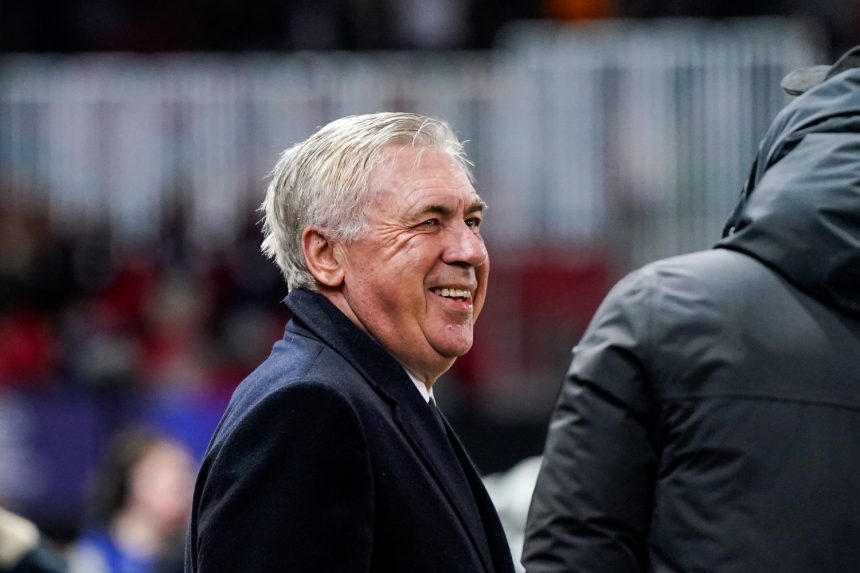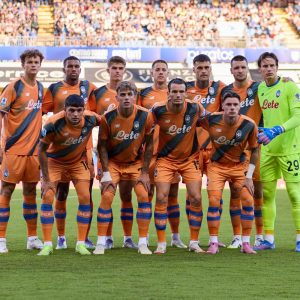Carlo Ancelotti, Brazil coach, gave an interview to L’Équipe in which he reflects on his time at Paris Saint-Germain (2011-2013). The Italian highlights the quality of the football Paris played during their Champions League triumph, admits he has maintained a strong bond with Nasser Al-Khelaïfi, and shares his views on the current state of Ligue 1. He also discusses patience in football and his sudden departure in 2013.
Ancelotti: “I have very good memories of my year and a half in Paris”
“You can encounter problems at the time, but I maintained a very good relationship with Nasser (Al-Khelaïfi). I was very happy that PSG finally won the Champions League. They deserved it, playing a very high level of football: technically, physically, and organizationally. But you know, I have very good memories of my year and a half in Paris. I recently spoke about it with Marquinhos.” I was at the beginning of a new adventure.
Ancelotti: “It’s important to give the coach time.”
It’s important to give the coach time. When you think you’ve found the right person, you have to let them work. That’s rare in football. But in the end, I wanted to leave. PSG didn’t want to thank me. Nasser even wanted to extend my contract. Granted, the club’s attitude after a defeat at Nice in December wasn’t good. But if I had wanted to stay, I could have.
Ligue 1?
It’s a league that needs more competition. It needs teams like Marseille, Lyon, or Nice to grow to offer greater competitiveness.
Carlo Ancelotti, who played for PSG, was quick to praise the club’s transformation more than a decade later. His praise focuses primarily on the 2024/2025 season, the year of European triumph and total football. For the Italian, Paris Saint-Germain has reached a level rarely seen: a team that is both disciplined in its organization, aggressive in its recovery, and technically superior in most Champions League matches. This success is due not only to individual talent, but also to a collective framework that has protected its players and maximized their strengths.
Ancelotti implicitly highlights a strategic shift at QSI. In his time, a one-night defeat in Nice was enough to inflame internal debates and weaken his position. The constant pressure led him to leave Paris despite the club’s desire to extend his contract.
Luis Enrique, on the other hand, has benefited from radically different treatment: settled in for the long term, given free rein to make his tactical choices, and even allowed to weather some turbulence without immediate threats, the Spaniard has been able to build a clear and winning identity. This change of mentality in the management of the project was decisive: it allowed the transformation of a club often accused of impatience into a patient, structured and finally rewarded European machine.

